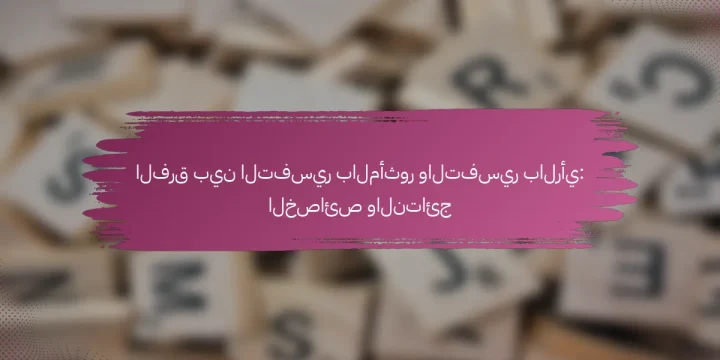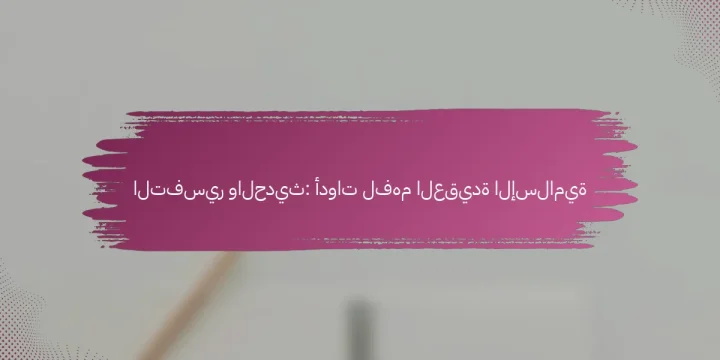
ما هو الفقه الإسلامي في العصر الحديث؟ الفقه الإسلامي في العصر الحديث هو دراسة وتطبيق الأحكام الشرعية في سياق الحياة المعاصرة. يتناول الفقه الإسلامي التحديات التي تواجه المسلمين في ظل التغيرات الاجتماعية والاقتصادية والسياسية. يتطلب الفقه الحديث اجتهادات جديدة تتماشى مع المستجدات. يشمل ذلك قضايا مثل حقوق المرأة، والاقتصاد الإسلامي، والتكنولوجيا. الفقهاء المعاصرون يعملون على تطوير آراء جديدة تتناسب مع الواقع. هذه التغيرات تعكس الحاجة إلى فهم أعمق للنصوص الشرعية. كيف تطور الفقه الإسلامي في العصر الحديث؟ تطور الفقه الإسلامي في العصر الحديث من خلال عدة عوامل رئيسية. أولاً، ساهمت النهضة الفكرية في العالم الإسلامي في إعادة النظر في القضايا الفقهية. ثانياً، ظهرت مدارس جديدة لتفسير الفقه تتماشى مع متطلبات العصر. ثالثاً، استخدمت التكنولوجيا الحديثة في نشر الفقه وتعليم الناس. رابعاً، تم التركيز على القضايا الاجتماعية والاقتصادية المعاصرة. خامساً، أسهمت…








